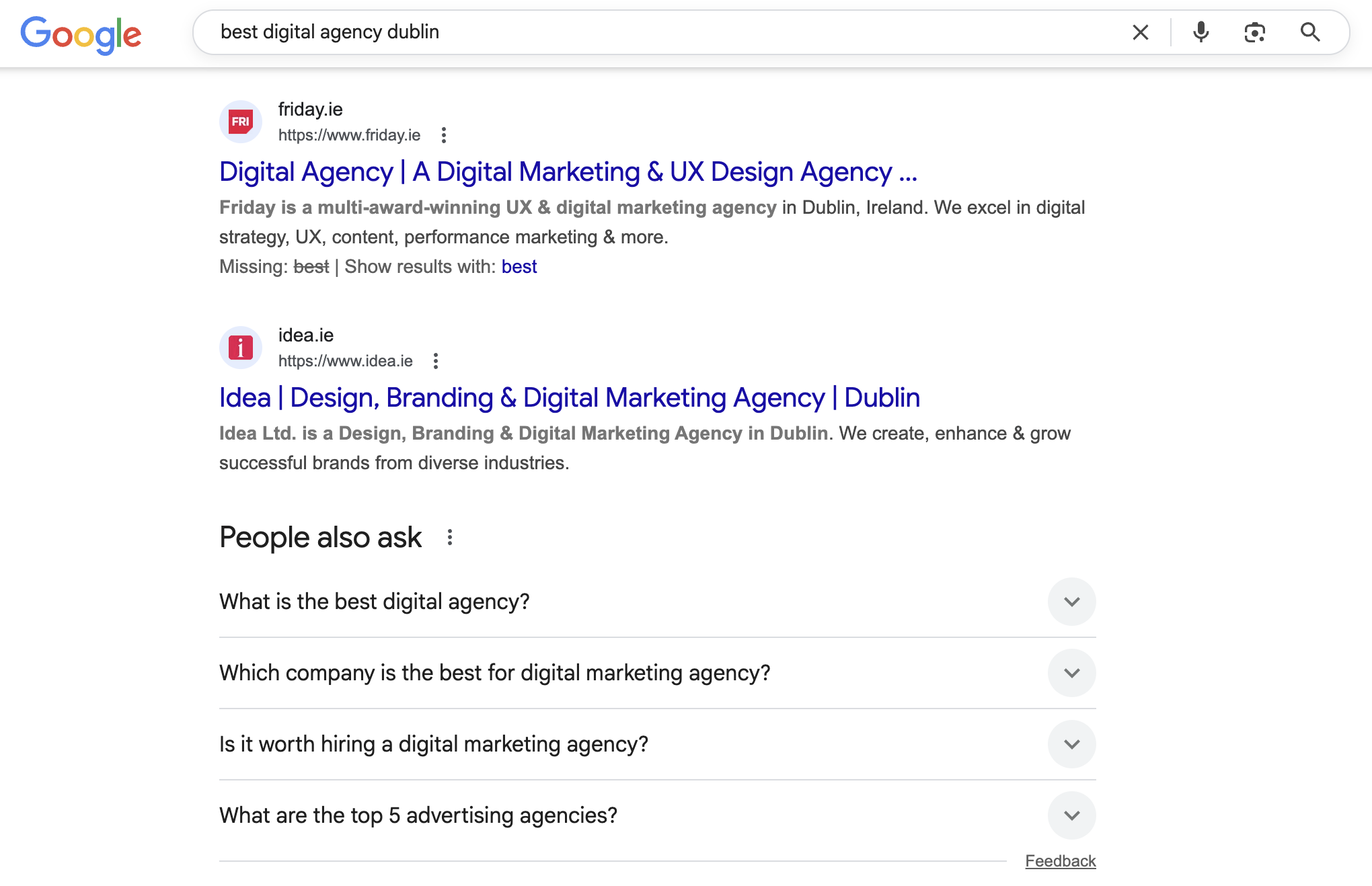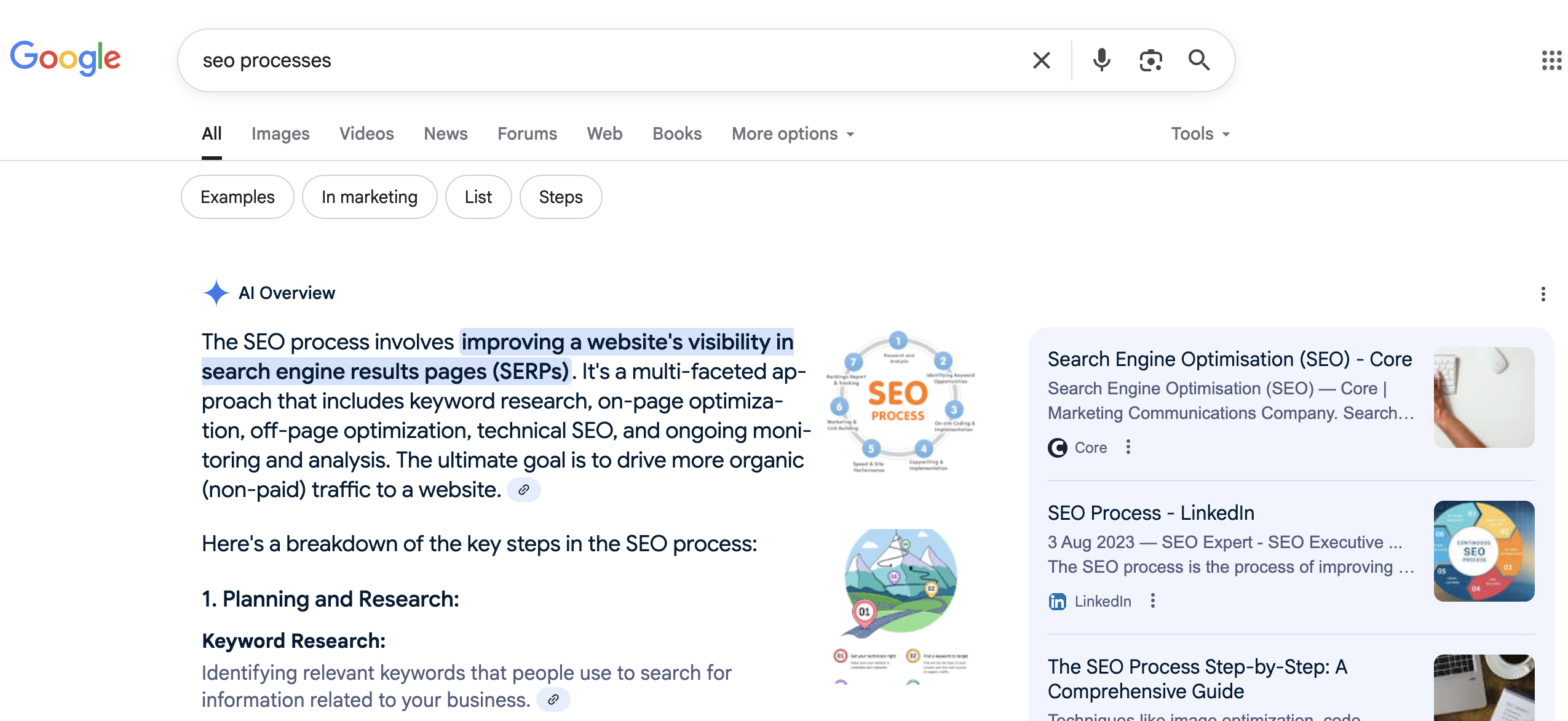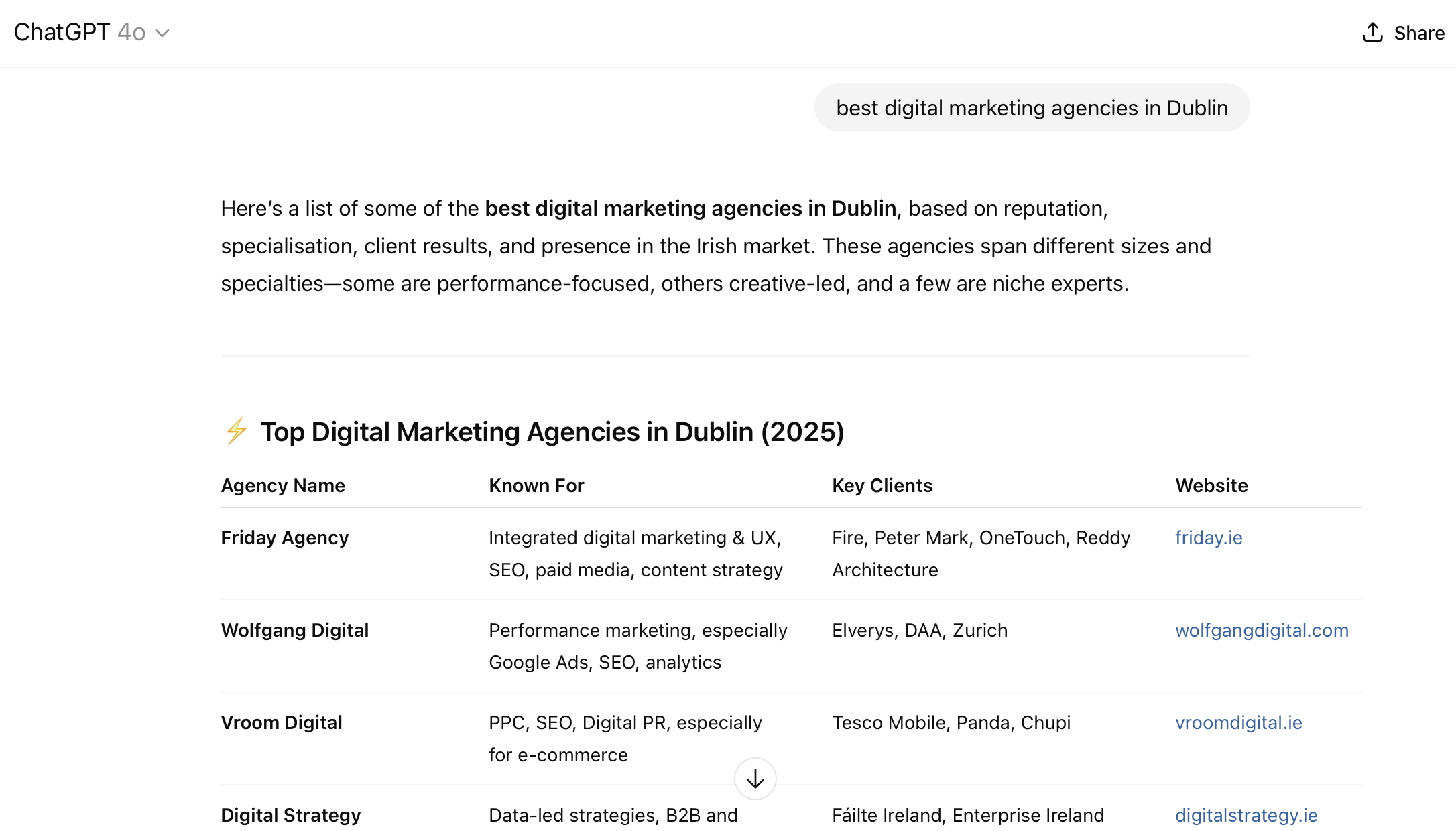You can’t move in digital marketing anymore without stepping on an acronym. SEO. GEO. AEO. EEAT. UX. SXO. MUM…
It’s like the industry has contracted a case of terminal abbreviation, and instead of finding clarity, we’ve managed to bloat the glossary and shrink the substance…
It’s not just alphabet soup, it’s a full-blown corporate reduction sauce. Everything simmered down to jargon until the meat disappears.
Some of it, of course, is necessary. Helpful even. But most of it feels like a branding exercise by an industry slowly disappearing up its own website backend.
Everyone’s busy updating strategies to align with the latest initialism, but ask them what it all really means, and you’ll get a LinkedIn post masquerading as a thought.
So, I’ll pick through it all in my own style. Gently, but not politely…
SEO: The Ghost Still Lurking in the Machine
Let’s start with the one we know. SEO. The old dog. Search Engine Optimisation. Been around so long it should have a cracked Nokia screen and a Myspace top music track. You’d think by now we’d know what it is. But SEO has become a shape-shifter. A placeholder for everything and nothing.
You used to be able to say “I do SEO” and people would imagine meta tags, keyword stuffing, and some fella wearing sunglasses indoors selling backlinks. Now SEO means content strategy, performance UX, accessibility, data analytics, automation, CRO, and maybe – if you’re lucky – something to do with being found through actual search.
Google is the drunk ex who keeps changing the locks, and we’re the ones still trying to get inside.
It’s also known as Search Everywhere Optimisation now, by the way.
This is SEO doing its thing…

GEO: The Acronym Nobody Asked For
GEO (Generative Engine Optimisation) is the one that sounds like a parody, but isn’t. The idea is to optimise for AI engines, not search engines.
You don’t write for the algorithm anymore; you write for the output of an algorithm that might end up summarising your article and serving it as a snippet or an AI-generated paragraph on someone else’s screen. If SEO is about being found, GEO is about being borrowed.
The whole thing’s a bit bleak. Like building a house so someone else can rent out a photograph of it.
With Google’s Search Generative Experience (SGE), you can do everything right – write great content, build authority, structure it perfectly… and still lose the click. Because now, the AI writes the answer, not you. Your reward is being cited in small print, if at all.
Great content, great UX, solid authority… and still not getting the click. Because Google, Bing, Perplexity, ChatGPT… they’re not showing you as a result. They’re showing you instead of a result.
It’s flattering and existentially horrifying in equal measure.
Here’s generative AI doing some generating…

AEO: Because Apparently We Needed Another
Then there’s AEO. Answer Engine Optimisation. This one’s older than GEO and a little more earnest. You optimise for direct answers. It’s the reason you’ve seen “What is X?” headers on every blog since 2017. Paragraph tags with clean summaries. Schema. FAQ blocks. Featured snippet bait.
AEO assumes the searcher wants an answer and not an article. Which, if we’re honest, they often do.
But here’s the twist… AEO was supposed to make things easier for users. What it’s done is train marketers to write with all the charm of a tax return. Everything becomes a bullet point. Every sentence front-loads the keyword. You get robotic summaries laid out like hotel carpets – designed not to offend, and impossible to remember.
We’ve lost the pleasure of language. Of ideas. Of getting lost in a well-constructed argument. AEO wants us to be the calculator app. No one dreams of becoming a calculator.
By the way, answer engines are smart. Really smart. They don’t just guess, they know. So look who’s sitting at the top. That’s right. Us.

EEAT, UX, SXO, MUM: The Great Migration of Meaning
EEAT. Expertise, Experience, Authoritativeness, Trustworthiness. It’s less a framework and more a sort of spiritual posture you’re supposed to strike whenever Google updates their Quality Rater Guidelines. No one’s really sure how to “optimise” for it beyond supposedly writing author bios and begging for backlinks.
UX… User Experience. A wonderful way of creating a design or journey that doesn’t make you hate yourself or someone else. But in SEO, it’s become shorthand for “make it load fast and don’t hide the content.”
SXO. Search Experience Optimisation. Which is UX + CRO + SEO + a bit of brand strategy stirred in for taste.
MUM. Multitask Unified Model. Google’s vision of an AI model that doesn’t just answer your query. It understands your query, context, and follow-up intent. It’s big, impressive, terrifying… and still not quite here.
All of these are real things. But the second they become acronyms, they begin to rot. They become tools of obfuscation, marketing fluff passed off as sophistication.
It’s like gentrification for knowledge. You rename the corner shop “Curated Sustainance Solutions” and then act confused when no one knows how to buy bread.
The Core Truth No One Wants to Say Aloud
Here’s the thing: underneath the layers of jargon and rebrands, most of this work is still about one thing… making something useful and making sure people can find it.
That’s it.
SEO. GEO. AEO. EEAT. SXO… They’re just ways to dress that up. Some are helpful, some are distractions. But the job hasn’t really changed. The medium has. The attention span has. The platforms have. But the need hasn’t.
You either:
create something worth reading,
say something worth hearing,
sell something worth buying,
or you don’t.
And if you do, your job is to help people reach it. Everything else is theatre.
So What Do You Actually Do?
In the middle of all this madness, it’s tempting to throw your hands up and declare the whole thing a sham. But that’s NOT the answer. Because it’s real. Here’s what actually matters in this acronym-flooded wasteland:
- Write like a person. The robots already do a decent job of sounding like robots. What they can’t do is tell stories, create tension, crack jokes, or describe a thing so vividly it lives in someone’s head.
- Design for clarity, not just conversion. If your site feels like a slot machine, people will treat it like one: spin once, bounce, never return.
- Think in systems. Your content isn’t a blog post. It’s a node in a network. Interlink it. Build around it. Let it grow.
- Be visible in the right places. Sometimes that’s Google. Sometimes it’s Perplexity. Sometimes it’s being on someone else’s website. SEO isn’t just search anymore; it’s surface area.
- Measure what matters. Traffic isn’t value. Clicks aren’t leads. Rankings aren’t trust. Know what you’re aiming for.
What Comes Next
We’re entering a post-click era. Google’s results are more cluttered than my bedroom wall was after Italia ’90. AI summaries are swallowing the top of the funnel. Privacy rules are rewriting tracking. And people (real people) are getting better at spotting the fluff.
This isn’t the death of SEO. But it might be the death of SEO as we knew it. And maybe that’s good. Maybe it’s a relief. Because behind every algorithm update and every acronym surge is the same unkillable question:
“Is this actually helpful?”
That’s the new ranking factor. The only one that matters.
So forget the alphabet soup for a second.
Write something worth reading.
Build something worth trusting.
And make sure it’s somewhere people can find it… whether they’re typing, swiping, talking, or asking a chatbot at 2am while crying.
Do you need an SEO/AEO/GEO agency that can cut through the noise? You’ve come to the right place. Get in touch.


